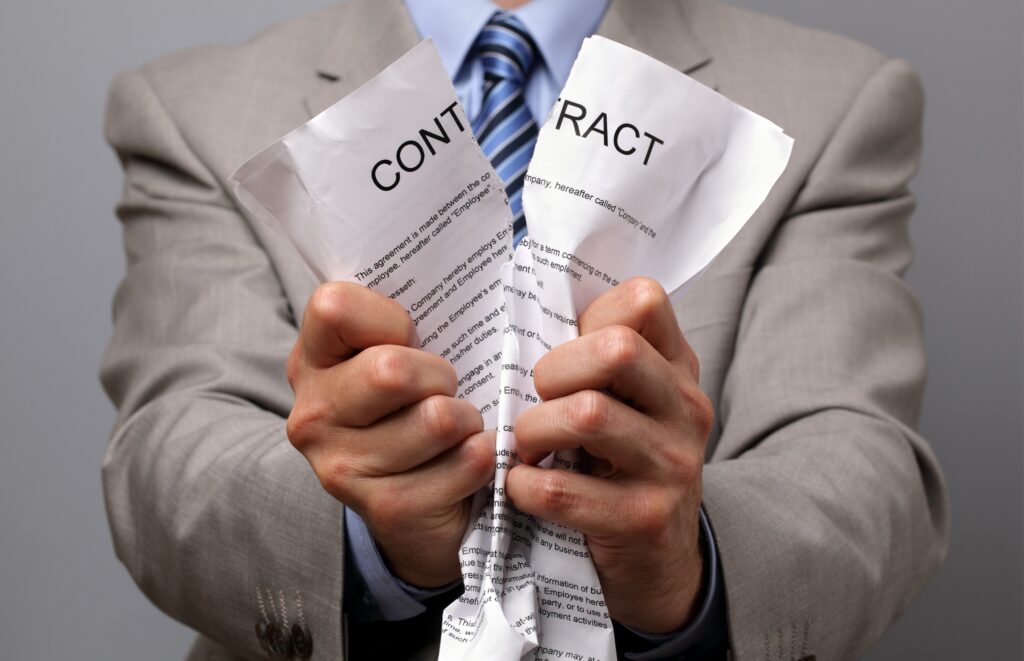California’s war on ‘economic crimes’ raises eerie parallels to communist countries
Another recent matter has brought back old thoughts of Yuri Andropov and Leonid Brezhnev, as well. Oddly enough, it came in a statement sent by California Attorney General Xavier Becerra’s office touting legislation to crack down on “California’s growing underground economy.” What really grabbed my attention was its quotation from Senate Bill 1272’s author, Sen. Cathleen Galgiani, D-Stockton. She praised a pilot program for cracking down on “economic crimes.”
That’s an arcane term one doesn’t hear much in the United States, given our longstanding love of enterprise. It echoes terms from the Communist world. In those totalitarian societies, virtually every form of private economic activity was forbidden. Soviet, Bulgarian or Cuban citizens were not allowed to own property, start businesses, or buy and sell things in the black market, which is just another term for the “underground economy.” Those who did so faced public trials and harsh sentences. The “economic criminal” lingo often was code language for “Jews.”
Of course, Becerra and Galgiani were not purposely echoing these things any more than President George W. Bush was purposely channeling authoritarian societies when he chose the unfortunate term “homeland security” as the moniker for a federal agency. But the underlying economic idea behind the new proposal is a creepy throwback, nonetheless.
Yes, there are serious economic-related crimes that the government must fight (fraud, theft, blackmail), but the Justice Department already targets those felonies. This bill would do something different. It seeks to crack down on the underground economy because it “results in significant uncollected revenues that are desperately needed to fund basic government services,” said Galgiani. In other words, if you engage in unapproved economic activity, you are stealing from the state. Wow.
The Soviet Union was extreme, but all governments regulate and ban myriad behaviors between willing buyers and sellers. Because those behaviors — from selling raw milk from your cows to hiring a contractor without a license — are sought after, they go on anyway. The government hires more agents and spends more money to stop them. It rarely reforms the irrational underlying laws or controls its spending, which are the root of the problem.
“Here in California, home to the world’s sixth-largest economy, every worker who powers this engine deserves rights at work, every upstanding business owner deserves a fair market and every taxpayer deserves to see their hard-earned money used to fund vital services,” Becerra said in his statement. That sounds nice, but all he’s proposing is to arrest, fine and jail more people who skirt the state’s many counterproductive regulations.
Many of these “economic crimes” simply involve working without the proper license. A study from the Institute for Justice finds that California has far more onerous licensing requirements than most other states. Our state makes it really hard for people to earn an honest living in many fields and professions. In response, Sen. Mike Morrell, R-Rancho Cucamonga, has introduced Senate Bill 999, which would remove shampooing, hair-curling and a few other basic hair-care tasks from the state’s health and safety codes. Sponsored by my employer, the R Street Institute, the bill is a small step in the right direction.
Under current law, if you want to shampoo people’s hair for pay, you must spend around $7,500 in tuition, books and tools from a state-approved school and attend 1,500 hours in classroom training. Then you must take two exams and pay a fee. If you start shampooing customers’ hair for a fee in your home or office without going through that rigmarole, you have committed an economic crime. Becerra and Galgiani are creating a Tax Recovery and Criminal Enforcement Task Force to make it easier to punish you.
The shampooing situation is one of hundreds of examples. Most of the time, these barriers to entry have no more justifiable rationale than the Soviet Union’s crack down on “profiteering” by people who sold food to hungry people when the shelves on the state-run stores were empty. In reality, these American licensing requirements typically became law because interest groups want to protect their market share by imposing hurdles on any potential competition.
Heavily regulated California is not in the same league as the long-dead Soviet regime. But some of the fundamental thinking — imposing excessive burdens on economic activity, then stepping up enforcement against those who get around the rules — is eerily similar. How about we start the new task force after lawmakers ditch the state’s unfair economic barriers?






